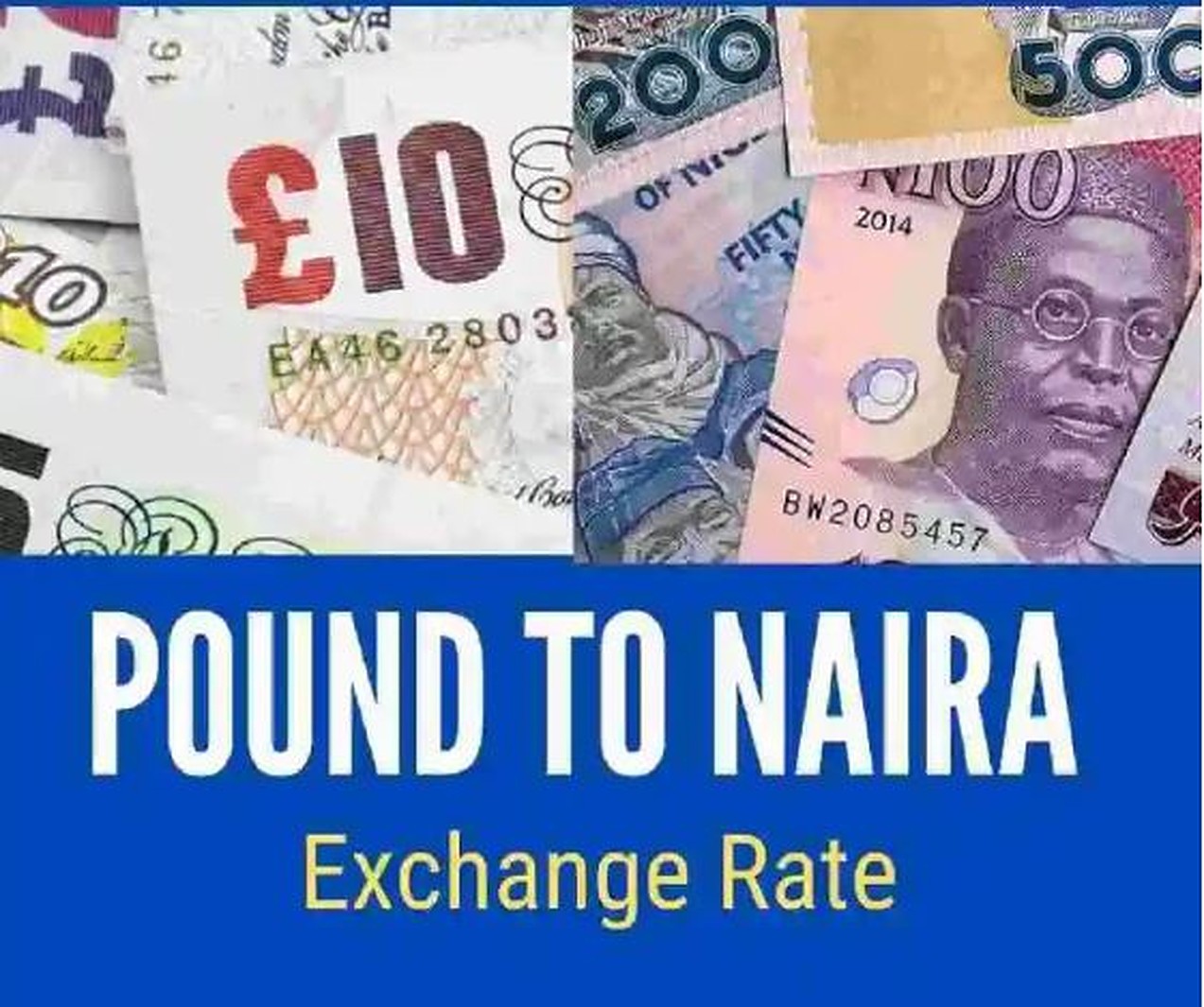Nigerian Naira To Pounds - What You Need To Know
Thinking about the Nigerian Naira and how it relates to British Pounds can feel like quite a big topic, especially if you are sending money or perhaps planning a visit. It’s more than just numbers on a screen; it’s about appreciating the pulse of a nation, its past, and what shapes its present economic picture. For many, the idea of converting Nigerian Naira to Pounds brings up questions about value, about what makes one currency stronger or weaker against another, and how these things affect everyday life for people, you know, both in Nigeria and in the UK.
This whole idea of money changing hands across borders is, in a way, tied to the story of Nigeria itself. You see, this is a country with a truly rich and varied history, from its very early beginnings, thousands of years ago, to how it became the modern nation we recognize today. It’s a place that has seen many different cultures and ways of life come together, and all of that history, you know, influences its current standing on the world stage, which then, basically, impacts its currency.
So, when we talk about Nigerian Naira to Pounds, we are really talking about the economic heartbeat of a country that is home to more people than any other in Africa. It’s about how this incredible population, its resources, and its journey through time affect the value of its money when you compare it to another major world currency. It’s quite a fascinating subject, actually, when you look at it from that perspective.
Table of Contents
- Nigeria - The Nation Behind the Naira
- Where Does Nigeria Sit on the Map of the World?
- How Did Nigeria Become an Independent Country?
- What Influences the Nigerian Naira to Pounds Exchange?
- The People and Their Spirit - Impacting Nigerian Naira to Pounds
- Why Is Nigeria's Population So Important for the Nigerian Naira?
- How Does Nigeria's Cultural Richness Connect to the Nigerian Naira to Pounds?
- Understanding the Nigerian Naira to Pounds in Context
Nigeria - The Nation Behind the Naira
To truly get a sense of the Nigerian Naira and its standing against the British Pound, it’s pretty helpful, you know, to first appreciate the country itself. Nigeria, as a place, has a history that goes back a very, very long time. We’re talking about human settlements that were there at least 9000 years ago, which is quite a stretch of time. This shows a long story of people living, working, and building communities on this land. The modern country, the one we recognize today, really began to take its current shape, in a way, during the 19th century because of British colonial efforts. This period brought together different regions and groups under one administration, setting the stage for the country's eventual independence.
The name 'Nigeria' itself, apparently, comes from the Niger River, a really important waterway that flows right through the country. This river has been, for centuries, a lifeblood for many communities, providing water, transportation, and a source of livelihood. So, the very identity of the nation is tied to its geography, which is, you know, quite interesting. This connection to the land and its natural features has always played a part in the lives of the Nigerian people and the ways their societies have developed over time.
It’s also worth noting that Nigeria is not just one uniform place. It has, in some respects, a truly diverse geography, with different climates and natural settings. From its Atlantic coast in West Africa, you can find various types of land, which have, over history, supported different kinds of activities and ways of living. This variety, basically, contributes to the rich cultural patchwork that makes up the country today. So, when you consider the Nigerian Naira to Pounds, you’re looking at a currency that represents this varied and deep-rooted background.
Where Does Nigeria Sit on the Map of the World?
If you were to look at a map, you would see Nigeria located on the Atlantic coast, right there in Western Africa. It shares its borders with a few different countries: Niger is to its north, Chad is over in the northeast, and then Cameroon is to the east, with Benin on its western side. This position on the continent, you know, gives Nigeria a pretty important spot for trade and connections with other nations in the region. Its access to the Atlantic Ocean has, historically, been a big factor in its interactions with the wider world, including places like Britain.
This geographical placement, in a way, has influenced much of Nigeria's story. Being on the coast meant it was a point of contact for different cultures and traders coming from the sea. Over time, this openness to the outside world has shaped its economic activities and its relationships with other countries, which, you know, can certainly play a part in how its currency, the Nigerian Naira, is viewed when exchanged for something like the British Pound. The movement of goods and people in and out of the country is, basically, always a factor.
How Did Nigeria Become an Independent Country?
The story of modern Nigeria, as a single, unified country, really begins in 1914. That was when the British decided to bring together what they called the Protectorates of Northern and Southern Nigeria. Before that, these were separate areas, each with its own administration under British rule. This joining was a big step, basically, in creating the territorial shape that Nigeria has today. It was a moment that set the stage for the future nation, bringing diverse groups of people under one administrative umbrella, which was, you know, quite a significant change.
Then, after many years under colonial rule, Nigeria gained its independence on October 1, 1960. This was a truly momentous occasion for the country, marking the end of British control and the beginning of Nigeria governing itself. In 196

1368 Pounds to Naira Black Market Today. Convert GBP to NGN

How to Convert Naira to Pounds on Grey

Pounds To Naira Black Market Today 19 December 2024- Newsone